The new trend in upstart VPN services appears to be so-called Lifetime Subscription plans, sold at surprisingly low prices. Some VPN companies have made this their entire business model, while even some established VPN players have added a lifetime option.
Lifetime subscriptions are typically placed in the $70-$100 range. But that’s pretty close to the average 1-year subscription range of $40-$80…
So shouldn’t everybody just pay a little more up front for a lifetime subscription and be down with it?
Well no. You probably shouldn’t (but it’s a little complicated).
This article will demistify the ‘lifetime’ VPN trend, and also explain why we think the business model is completely unsustainable.
Of course in the interest of being balanced, we’ve also included the best lifetime VPN offers that we think are worthy of your consideration.
How the ‘Lifetime VPN’ business model works
The biggest cost of running a VPN service isn’t cybersecurity staff or programmers. It’s server and bandwidth costs. A typical 1Gbps server will cost between $1000-$3000 per month depending on the location and quality of the datacenter it’s located in. Most Gigabit servers can usually handle around 500 users simultaneously under ‘typical’ VPN bandwidth usage.
And those server costs are permanent, and relatively constant per user (as long as available bandwidth per user stays steady also). If a subscriber pays one price up front, eventually the server costs for that user’s share of bandwidth will eventually be higher than the price they paid for the subscription. That’s just math.
So how the heck to VPN’s make money with a lifetime subscription.
Simple. They have to keep selling new subscriptions and growing the subscriber base. As soon as they stop growing, there are only two choices:
- They’ll start losing money (unsustainable)
- They’ll have to crowd more and more users on the same server (really slow speeds).
Ponzi Scheme Similarities
I’m not saying Lifetime subscriptions are actually Ponzi schemes (though a couple might turn out to be). But they do have some of the characteristics of Ponzi schemes:
- Deal that seems too good to be true
- Paying up-front for value/service later
- If customer base stops growing, the business dies.
Basically your subscription fee is buying new servers for the guy that came before you. And the guy that buys a subscription after you will be paying for your bandwidth. As soon as they run out of new customers, you’ll either notice a huge decrease in service quality (speed) or the business may shutdown altogether.
Basically if every customer stayed with the service for 10 years, they would lose money on every single person. The only other possible way to be profitable is they actually monetize the customer in other (uncool) ways: Data mining, advertising, or in theory even theft.
Why do VPN companies even offer a Lifetime subscription?
Profit margins for smaller VPN companies aren’t that big. This means it’s really tough for a small company to expand it’s server infrastructure, improve software, and hire additional staff. To do this, they need a big infusion of cash. Lifetime subscriptions to the rescue!
Because the customer pays more up-front for a long term subscription, the initial profit is huge on a lifetime plan. It will take months (or years) for a VPN company to start losing money on that subscriber, so in the meantime that extra cash is pure profit that can be used to fund growth. Of course that only works as long as the subscriber base keeps growing.
Of course once that growth stops or slows, lifetime subscribers become a dead weight, slowing down the network and not adding any more revenue for the company. At that point, you probably won’t be too thrilled with the performance of your subscription.
Pros vs. Cons of Lifetime subscriptions
Look, you can already guess our opinion on this VPN category, but here’s our best attempt at a fair assessment.
Pros:
Good Value: As long as the speeds are fast enough for your intended VPN purpose and the VPN software is actually secure, then you’re getting a heck of a good deal. If you can get 3-4 years out of a lifetime subscription before quality declines, you’ve probably gotten your money’s worth.
Ok that’s it. I can’t think of any more pros. Can you?
Cons:
Slower Speeds: There’s no way around it. If the VPN company is trying to operate profitably on a per-subscriber basis, then the servers have to get more crowded over time. When that happens your speeds will drop, possibly to the point where you can’t even stream a video without buffering.
Bad Support: Lower profit margins means less room for support staff (or quality programmers for that matter). Don’t expect to have a tech hold your hand to walk you through a manual VPN setup process. If you’re lucky you’ll get canned auto-responses via ticketing system.
It might go out of business: As we already discusses, our assessment is that this business model is unsustainable. That means that eventually the VPN company will face the choice of whether to shut down or start losing money. And if they do shut down, don’t think you’ll be getting a refund for the unused portion of your lifetime. You’re just S.O.L.
Scarier Possibilities: Much like some ‘Free’ VPN services, Lifetime VPN companies might be monetizing you directly. This could include spying on your browsing history and selling it to advertisers. Or worse, it could be downright malicious behavior like intercepting financial data, passwords, and credit card numbers.
Now I’m not most Free or Lifetime VPN companies are criminal enterprises. On the contrary, most are legitimate businesses looking to make a buck. But you’d be naive to think that hackers and organized crime aren’t attracted to this largely unregulated industry that gives full access to the browsing data of millions of internet users. There are definitely bad players in this space.
Instead of a Lifetime subscription, get a low-cost annual plan
The point of a VPN subscription is to provide security and privacy with fast speeds at a reasonable price. Lifetime VPN subscriptions will eventually fail to deliver on 1 (or all 3) of those requirements, because the business model isn’t sustainable.
Instead, we recommend you opt for a 1-year subscription (or select 2-year plans) to a high-quality VPN instead, and you can renew it annually as long as the performance is up to your standards. You can go for a shorter term month-to-month plan if you like but we find 1-year plans usually offer the best value and are sold at big discounts (30-60%) compared to the monthly price.
A traditional VPN subscription might be a bit pricier in the long-run, but you’ll also get substantially better service, security, and support. Now isn’t that worth an extra $1 or two per month? We think so.
Advantages of sticking with a 1-year VPN committment:
- The VPN company can afford to build high quality software and offer solid security
- You’re paying for the bandwidth you use, meaning you’ll get faster speeds
- Higher quality service: If performance drops, the VPN would lose customers. They have a strong incentive to keep you happy. By contrast, once you pay for a lifetime VPN, they couldn’t care less about your happiness (they already got every dollar they can get from you).
- Better, More Features: Standard (non-lifetime) VPNs offer huge value-added upgrades like Netflix compatibility, zero-log policies, torrent/p2p support, and Stealth protocols.
Recommended low-cost (non-lifetime) VPN subscriptions
Below you’ll find some of the best values in the VPN industry. They give high-grade performance at really low prices compared to their competitors. They’re able to do this by really focusing on the features that matters most to subscribers.
Also, these are some of the most popular (most customers) VPN companies, which allows them to operate more efficiently and at better prices than smaller companies.
NordVPN (Special 2-year deal)
NordVPN has exploded in popularity in the past couple years because of their massive feature list combined with incredible pricing. They’re a true zero-log VPN provider that allows nearly all VPN usages, including streaming, Kodi, and torrents/p2p.
Oh, and they’re one of the last VPNs in the world that still works with Netflix.
NordVPN has apps for all major platforms, including iOS, Android, Windows & Mac. And you’re allowed 6 devices per account, which is awesome.
Pros: Excellent privacy/security, No logs, Netflix-compatible. Allows torrents/skype/Kodi. Special VPN server types, including: Anti-DDOS (gaming), VPN-over-tor (super private browsing), and more. Also NordVPN Smartplay for streaming.
Cons: The servers are a bit more crowded than pricier VPNs. We can still stream in glorious 1080p no problem, but you won’t get 100mbps speeds here.
Price: $11.95/m $3.32/month with special 2-year offer!
Review: Full NordVPN Review
Private Internet Access ($3.33/month)
Private Internet Access is a legend in the VPN space. They were pioneers of the ‘zero-log’ privacy movement, and are so far the only company to have their zero-log guarantee tested in court. Their software isn’t flashy, but it’s fast, stable, and just plain works. And their software allows for both customizable encryption strength and port forwarding which are nice perks.
PIA is likely the most-used ‘premium’ VPN service in the world, and is especially popular for torrent downloaders (no logs, SOCKS5 proxy included) and Kodi streamers (works great on a Fire Stick).
Special Trick: You can use PIA’s port forwarding to get free (but slow) internet access on in-flight wifi!
Pros: Incredible privacy and validated zero-log guarantee. Fast speeds, torrent-friendly, and excellent stable app for all platforms. You can even use PIA on your router. Works with Kindle Fire tablets and FireTV/Firestick.
Cons: There’s really only 1 con. PIA is blocked by Netflix (along with most other VPNs). But it’s a simple fix, just disconnect from your VPN when you want to binge watch with your boo.
Review: Private Internet Access review + speedtest
Price: $6.95/m now only $3.33/month w/ 1 year plan
Which Companies offer Lifetime VPN plans?
If you’re still looking for a lifetime plan (despite the serious pitfalls) we’re not going to stand in your way. And there are a number of companies willing to sell you a long-term VPN subscription for pennies on the dollar. Just remember you get what you pay for, and as long as you have realistic expectations going in you may be pleasantly surprised.
PureVPN ($89.99 – Lifetime)
PureVPN is currently running a lifetime subscription offer on stacksocial. They plan has a nearly identical feature set to their standard VPN plans, including:
- 256-bit AES encryption
- Up to 5 devices
- Unlimited bandwidth usage
- Properietary VPN app for most device types
- Split-tunneling feature (route certain apps inside/outside VPN).
Windscribe VPN ($49.99 – Lifetime)
Windscribe is a Canadian VPN company offering a lifetime version of their ‘Pro’ plan for an insanely cheap price of $49.99. This deal is even better when you realize that a 1-year subscription to their pro plan is $43. If you were going to subscribe to Windscribe anyway, it’s hard to imagine choosing an annual subscription over the lifetime option.
The deal is being offered exclusively on Stackstocial .
Deal Link: Windscribe Lifetime VPN
Hotspot Shield Elite Plus ($69.99 – Lifetime)
Hotspotshield is offering a lifetime version of their Elite Plus VPN option for $69.99 via stacksocial. The plan works with all major device types (Mac/PC/iOS/Android) and supports up to 10 devices. They also advertise ‘unlimited bandwidth’ and an ‘ad-free experience’ compared to HSS’s ad-supported ‘free’ option.
Word of warning: The Center for Democracy and Technology (CDT) recently published it’s allegations that Hotspotshield’s parent company was injecting javacript into subscribers’ browsers for advertising a tracking purposes. This is reportedly in clear violation of their privacy policy. This story made national news thanks to Hotspotshield’s large userbase. Don’t be surprised if smaller companies have done worse.
Lifetime VPN vs. Free VPNs
You’ll almost certainly get better performance from a standard VPN subscription than you will from a lifetime/unlimited one, but how do Lifetime plans compare to Free VPNs?
A Lifetime VPN subscription is still better than a Free one.
Why?
Think about the incentives. A paid lifetime VPN service is still taking money in exchange for a service, and if they want to keep adding customers, they need to deliver on their promises. If customers learn that the VPN isn’t even encrypting anything and the privacy policy is a lie, they’d lose all future business revenue.
Free VPNs, on the other hand, usually only exist to monetize your privacy. Most free VPN companies are still designed to make a profit (even after paying for server bandwidth). This usually means they’re monetizing the customer (you) by selling browsing habits, injecting ads, or letting advertisers track your behavior.
If privacy matters to you at all, a mediocre lifetime subscription is still miles better than the average free one.
Summary: The Verdict on VPN lifetime subscriptions…
They seem like a great deal (in and in the short term they can be) but in general we don’t recommend going for a lifetime subscription. It may serve you well for a year or two, but the service quality will almost certainly go to crap eventually.
And since you never really know what’s going on ‘behind-the-scenes’ with a privacy company, you’re MUCH better off paying a little more to a company that can afford to do things right.
That’s why it should be no surprise that the serious VPN companies with the best reputations (PIA, NordVPN, ExpressVPN etc…) don’t offer a Lifetime subscription and likely never will.
Bottom line: You probably shouldn’t do it, but if the deal seems too good to pass up, at least go in with your eyes open. If you don’t expect too much and will be satisfied with 1 or 2 solid years of service, then you shouldn’t be too disappointed. But seriously, just do yourself a favor and get NordVPN for $3.32/month!

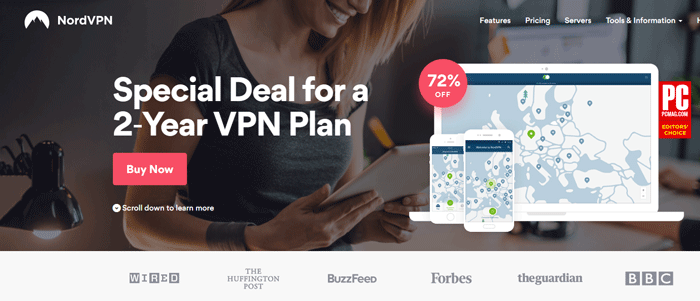
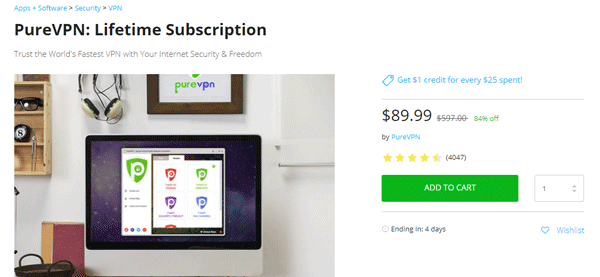
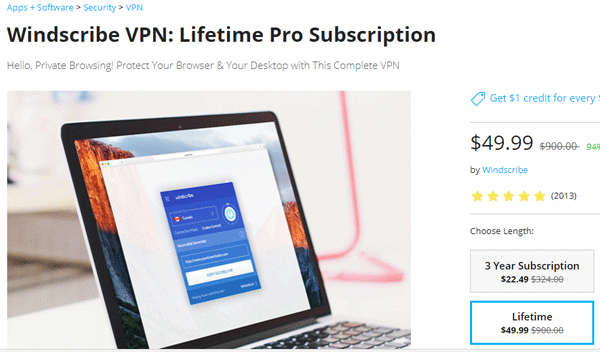
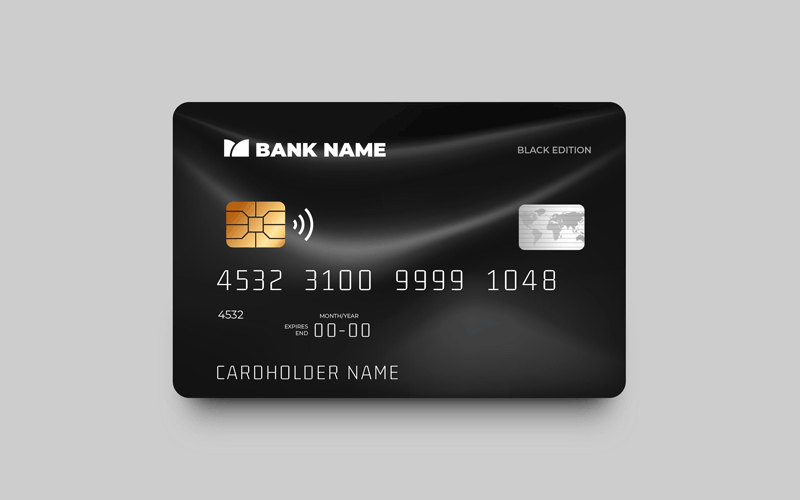
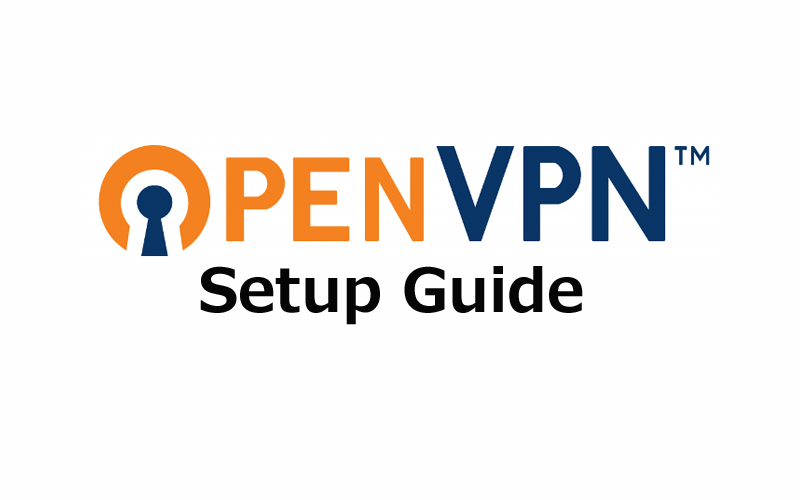

We’re you paid by nordvpn?
This website is supported through affiliate partnerships with many of the VPNs featured on this site. That actually includes the ‘Unlimited’ options featured in this article. It is our objective assessment that the user experience is almost always better (in the long run) if you use a VPN provider that doesn’t choose the ‘lifetime’ subscription model. We believe it is simply unsustainable.
I have bought several lifetime vpns.
What they fail to mention, pure vpn lifetime is 5 years.
Same for the others.May not have bought it if I had known this.
When did 5 years become a life time?
There’s plenty cheap options to go for rather than choosing lifetime. Surfshark is a good one I heard, as is Cyberghost from what I heard. Will go ahead to test one of these soon.
It is an incredible value to customers on top of what is already an amazing price for an unbeatable VPN experience. With just a single account, you can connect your TV, phones, tablets, video-game consoles. You could split the expense with family or friends, thus making this New Year discount even cheaper.
Been running low on cash for the past few months, therefore I had to go with a free VPN option. Atlasvpn has been just great, considering going with its premium option as soon as I get back on my feet. Thoughts?
I haven’t had the opportunity to try AtlasVPN but I’m generally suspicious of ‘free’ services unless it’s a data-limited tier designed to push users to their paid plan.